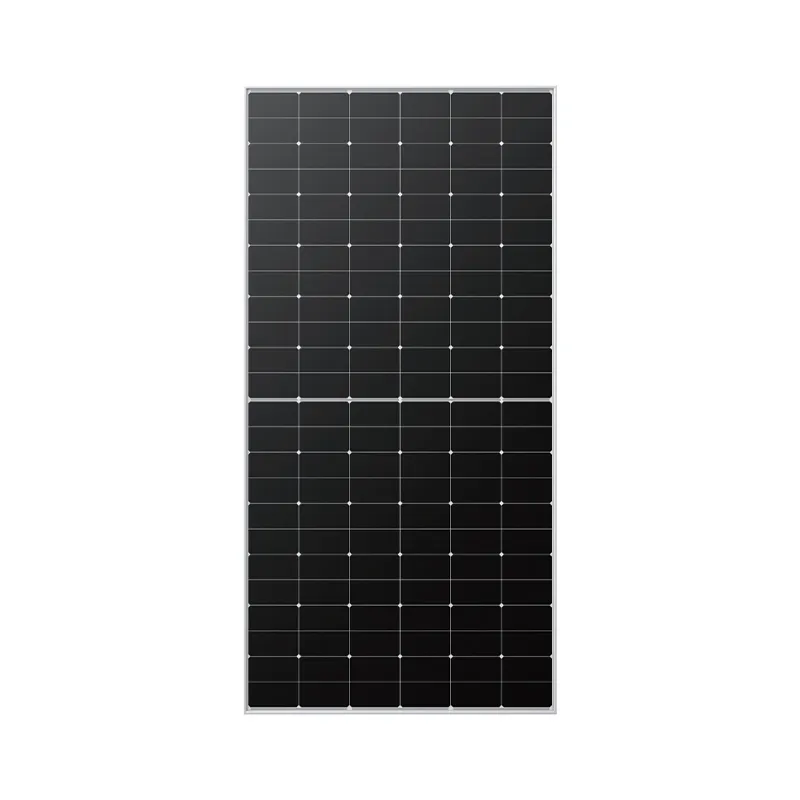inverter 100kw
Understanding the 100kW Inverter A Comprehensive Guide
In the realm of renewable energy, inverters play a pivotal role, converting direct current (DC) generated by solar panels into alternating current (AC) used by household appliances and the electrical grid. Among the various sizes and types of inverters available, the 100kW inverter has gained significant attention for its versatility and efficiency in large-scale solar energy systems.
What is a 100kW Inverter?
A 100kW inverter is a type of power inverter capable of handling up to 100 kilowatts of electrical power. It is typically used in medium to large solar photovoltaic (PV) systems, making it an essential component in commercial solar arrays, industrial power generation, and utility-scale solar farms. The rating indicates the inverter's maximum output, which means it can efficiently convert enough energy to power approximately 25 to 33 average American homes, depending on energy consumption.
Types of 100kW Inverters
There are different types of inverters that can fit the 100kW category, including
1. String Inverters These involve multiple solar panels wired together in a series, sharing a single inverter for DC to AC conversion. They are simpler and cheaper but may suffer from reduced efficiency due to shading or different angles of solar exposure.
2. Central Inverters Typically used for larger installations, central inverters consolidate many panels into one large unit. They are efficient for massive energy production but can be challenging to maintain if there are failures.
3. Microinverters These are smaller inverters attached to each solar panel, allowing for independent operation. While they offer enhanced performance and monitoring capabilities, their cumulative cost can be higher than string or central inverters.
Key Features and Benefits
The 100kW inverter encompasses several vital features
inverter 100kw

- High Efficiency Modern inverters boast conversion efficiencies above 95%. High efficiency translates to less energy loss during the conversion process, maximizing the energy harvested from solar panels.
- Grid Compatibility These inverters are designed to meet strict grid standards, ensuring safe and reliable integration into existing electrical grids.
- Monitoring Capabilities Many inverters come equipped with advanced monitoring systems. Users can track energy production, diagnose issues in real time, and optimize their solar energy investment.
- Durability and Reliability Quality 100kW inverters are designed to withstand various environmental conditions, including temperature fluctuations, moisture, and dust, thereby ensuring longevity and reliability.
Applications
The 100kW inverter serves various applications in both commercial and industrial settings
- Commercial Solar Installations Retail buildings, warehouses, and office spaces can benefit from installing solar arrays integrated with 100kW inverters to reduce electricity bills and carbon footprints.
- Agricultural Uses Farmers are increasingly adopting solar energy solutions, where 100kW inverters provide a cost-effective way to power irrigation systems, barns, and other on-site operations.
- Utility-Scale Solar Farms As countries move towards renewable energy sources, large-scale solar farms utilizing 100kW inverters contribute to the grid, providing clean energy to thousands of homes and businesses.
Conclusion
The 100kW inverter represents a significant advancement in solar technology, offering an efficient and reliable means of converting solar energy for practical use. As the world shifts towards sustainable energy solutions, understanding the role and advantages of inverters in solar power generation becomes increasingly crucial. By selecting the right type and model, businesses and homeowners alike can optimize their solar investments, contributing to a cleaner, greener future. The ongoing technological improvements in inverter designs promise to further enhance performance, reliability, and overall cost-effectiveness, making solar energy an even more attractive option for energy consumption worldwide.
-
String Solar Inverter: The High-Efficiency Solution for Smart Solar EnergyNewsJul.14,2025
-
Revolutionizing Rooftop Energy with the Power of the Micro Solar InverterNewsJul.14,2025
-
Power Independence with Smart Off Grid Solar Inverter SolutionsNewsJul.14,2025
-
On Grid Solar Inverter: Powering the Future with Smart Grid IntegrationNewsJul.14,2025
-
Monocrystalline Solar Panels: High-Efficiency Power for the Future of Clean EnergyNewsJul.14,2025
-
Bifacial Solar Panel: A Smarter Investment for Next-Generation Energy SystemsNewsJul.14,2025







